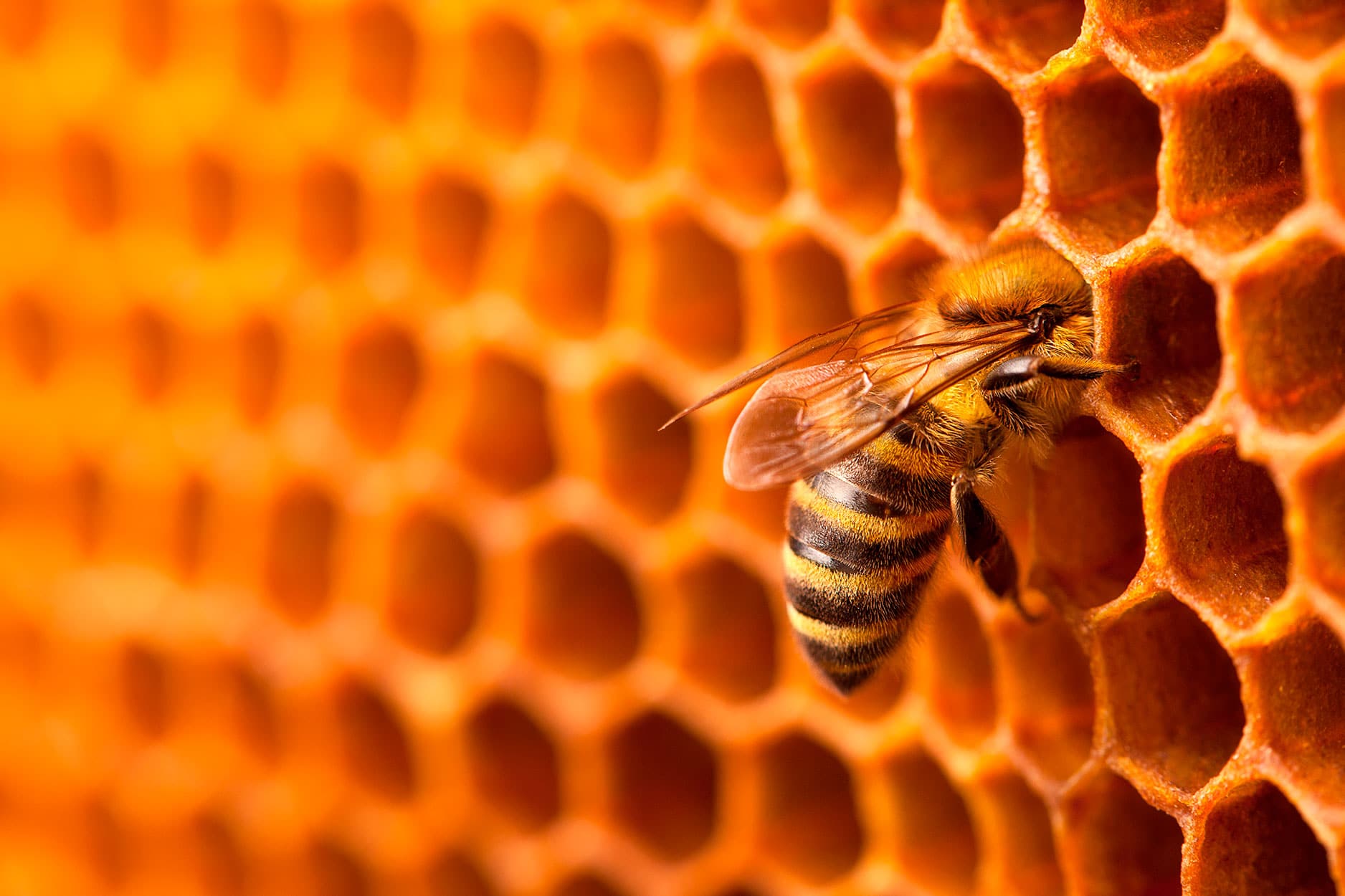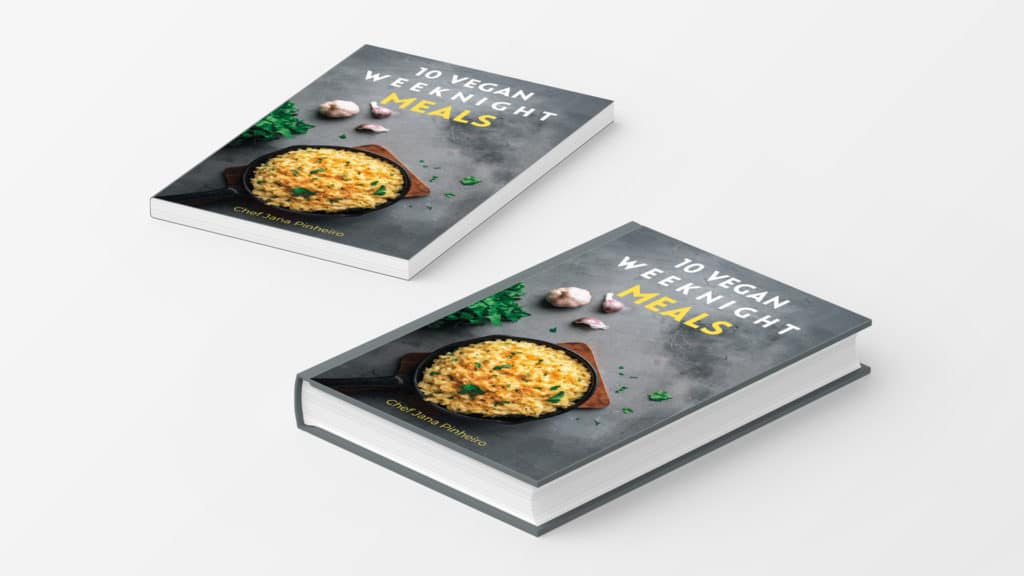
They replace the rich honey with a cheap sugar substitute that is not as fortifying. In colder areas, if the keepers consider it too costly to keep the bees alive through the winter, they destroy the hives using cyanide gas. Also, bees are often killed or have their wings and legs torn off by haphazard handling.
In short note, No, honey isn’t vegan.
The nation’s obsession with animal foods – leading us to consume more meat per capita than any other country on the planet – costs us more than $400 billion yearly in hidden, or externalized, costs. The expenses related to these bee die-offs are also significant, which is why the agriculture industry and the US Department of Agriculture take CCD (Colony Collapse Disorder) seriously and are devoting resources to addressing it. One-third of the food we eat depends on honeybee pollination – giving those pollination services an estimated value of $215 billion worldwide. In 2008, there were just 2.4 million honeybee colonies in the United States, down from 5.9 million in 1945.
Let’s consider how bees are dying, then look at why meat and dairy are to blame. One leading explanation for CCD is that the prevalent use of pesticides on crops is killing the little pollinators. When exposed to toxins, bees become disoriented and die within twenty-four hours. The bee deaths at the beach, of course, fit this pattern like a honeycomb fits a hive.
Another theory for the bees’ disappearance is that with vast amounts of US cropland now dedicated to monocrops like corn and soybeans, foraging bees cannot find sufficient nutritional or seasonal variety to meet their needs. Moreover, bees get important immune-boosting benefits from consuming a variety of pollen types, and when they consume only one type, these benefits are diminished.
A final hypothesis says that bees are dying because the pollen of GMO plants is altering the DNA of bees or of bacteria that live in bees’ guts. One researcher who studied this phenomenon found that genetic material transferred to bees from GMO corn may have “altered the surface of the bee’s intestines, sufficiently weakening the bees to allow parasites to gain entry.”
It seems indisputable that CCD is a consequence of industrial agriculture, but what does this have to do with meat and dairy? That’s easy: most of the crops we grow in this country are fed to livestock. Thus, the top three US crops are corn, soybeans, and hay. Farm animals eat 70 percent of the soybeans, 80 percent of the corn, and virtually all of the hay. Moreover, 94% of US soy is GMO, as is 88% of US corn.
Thus, the picture that emerges is this: most US cropland is dedicated to GMO monocrops being raised to feed livestock. And the research shows that it is precisely these crops that are killing bees. So it is fair to conclude that animal agriculture is largely responsible for the massive bee declines associated with CCD.
What can we do about it? For starters, we can consume less meat and dairy and eat more organic fruits and vegetables. This switch alone would go a long way toward helping restore the natural and variegated sources of healthy pollen that bees need.
Source:
Meatonomics.com
Ryan Beville: How Perversive Are GMOs in Animal Feed?
Peta: What Is Wrong With Eating Honey?
Guunther Latsch: “Collapsing Colonies: Are GM Crops Killing Bees?
| Cookie | Duration | Description |
|---|---|---|
| cookielawinfo-checbox-analytics | 11 months | This cookie is set by GDPR Cookie Consent plugin. The cookie is used to store the user consent for the cookies in the category "Analytics". |
| cookielawinfo-checbox-functional | 11 months | The cookie is set by GDPR cookie consent to record the user consent for the cookies in the category "Functional". |
| cookielawinfo-checbox-others | 11 months | This cookie is set by GDPR Cookie Consent plugin. The cookie is used to store the user consent for the cookies in the category "Other. |
| cookielawinfo-checkbox-necessary | 11 months | This cookie is set by GDPR Cookie Consent plugin. The cookies is used to store the user consent for the cookies in the category "Necessary". |
| cookielawinfo-checkbox-performance | 11 months | This cookie is set by GDPR Cookie Consent plugin. The cookie is used to store the user consent for the cookies in the category "Performance". |
| viewed_cookie_policy | 11 months | The cookie is set by the GDPR Cookie Consent plugin and is used to store whether or not user has consented to the use of cookies. It does not store any personal data. |

Just suscribe to my newsletter and get a free copy of my full of vegan recipes cookbook, that will help you get started on your journey!